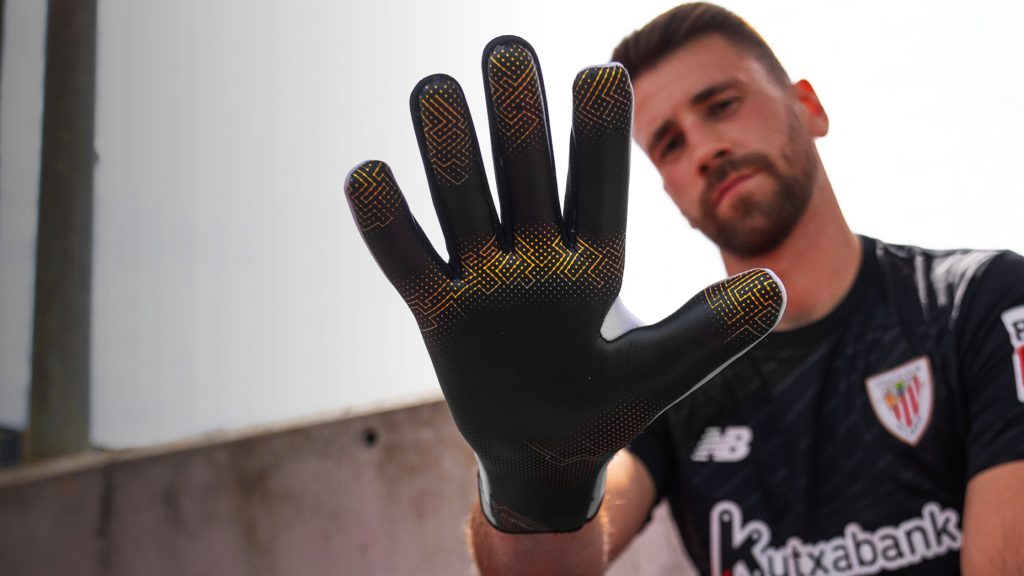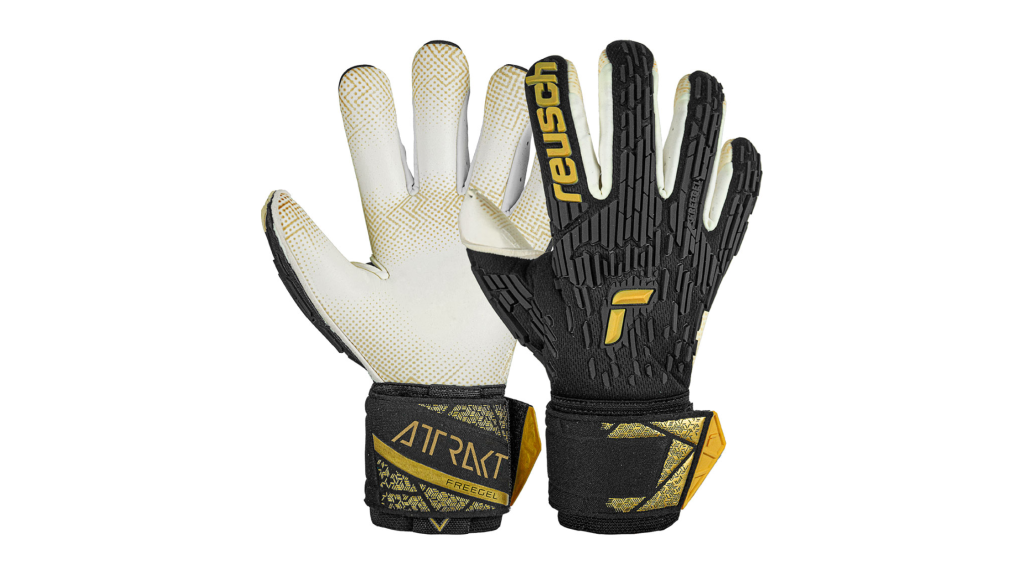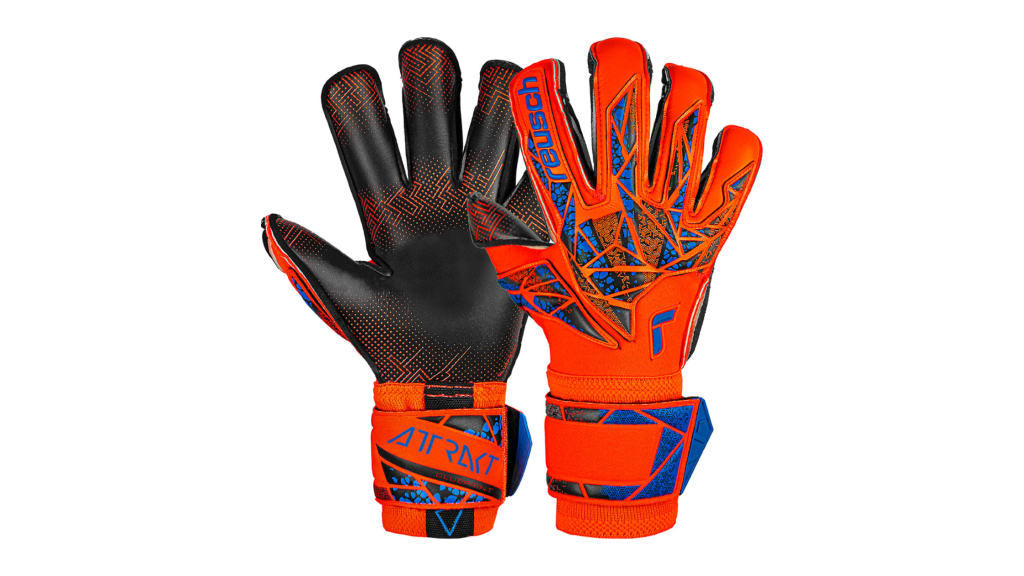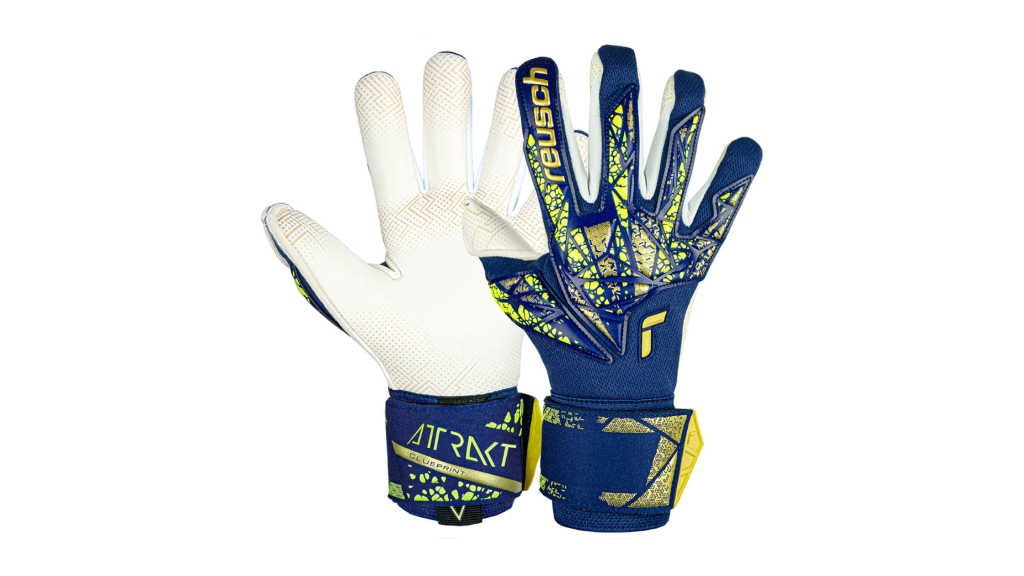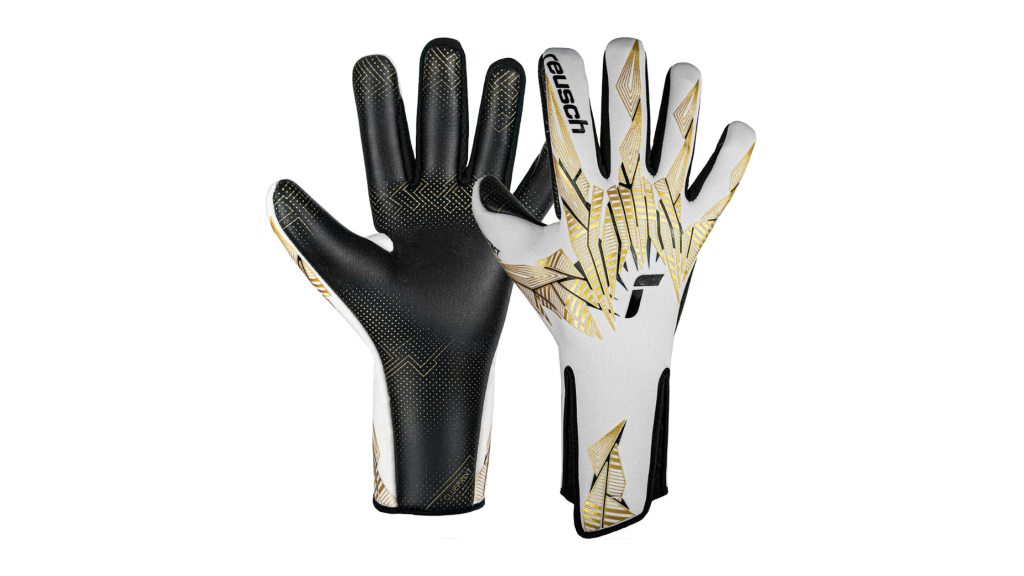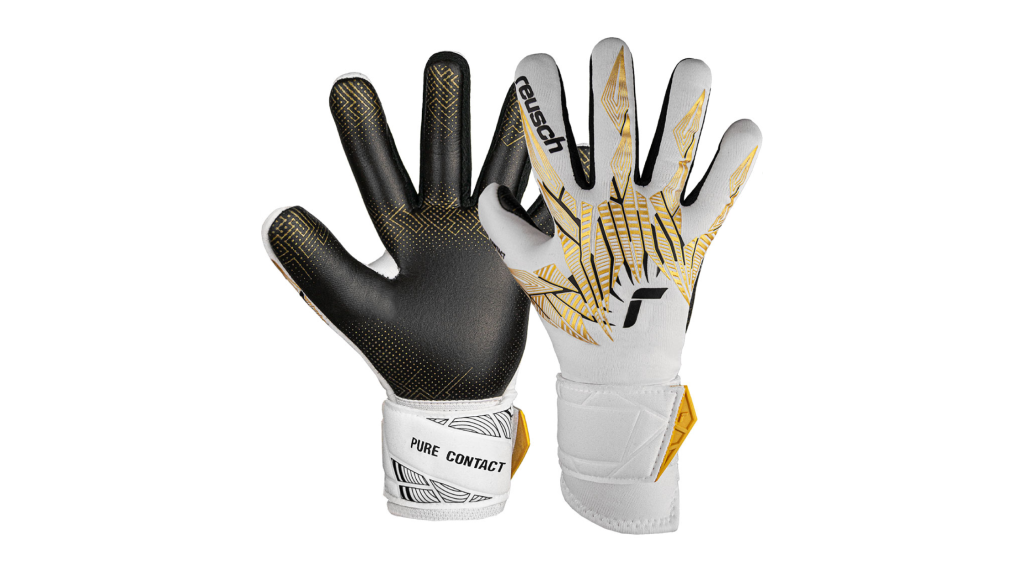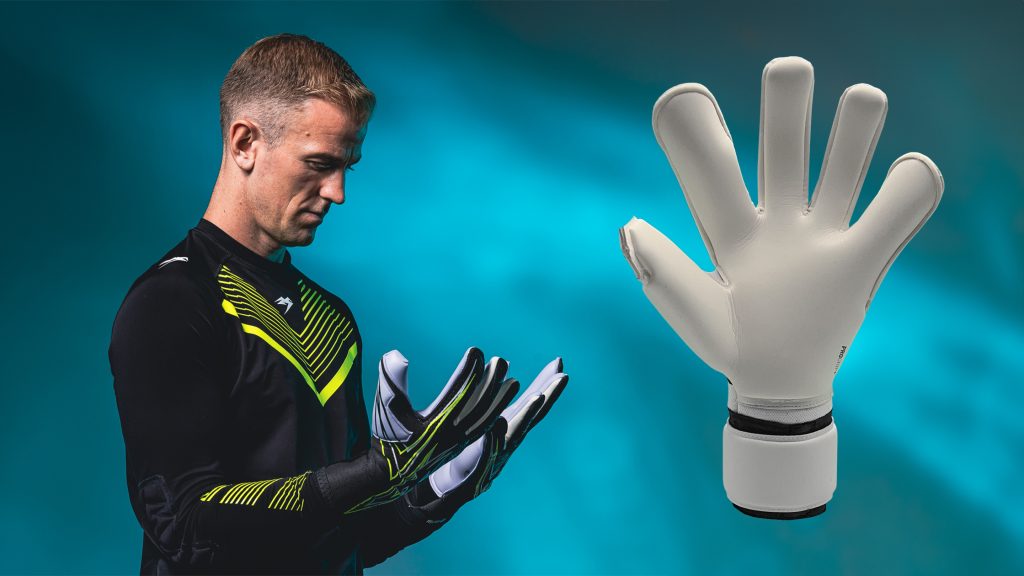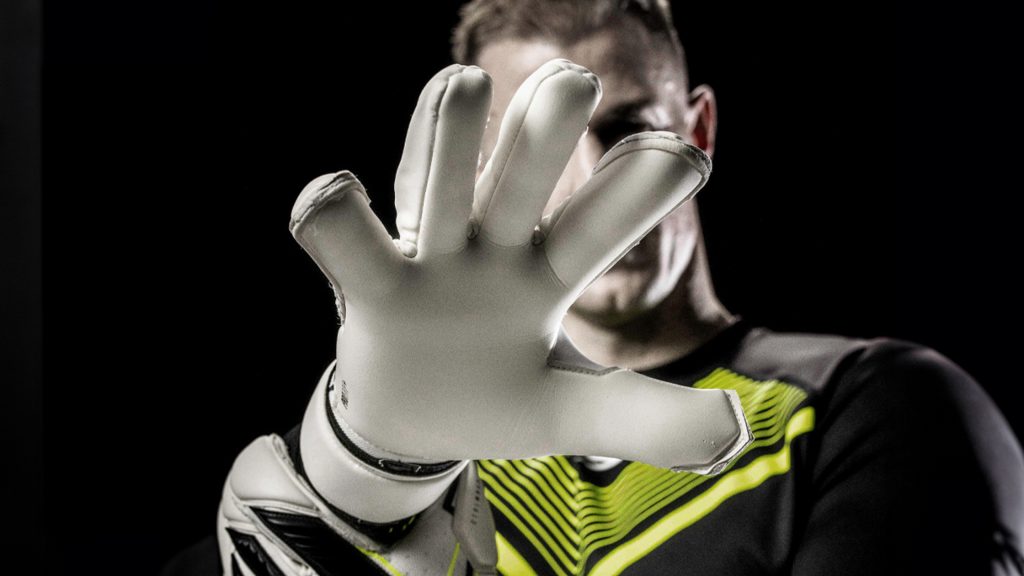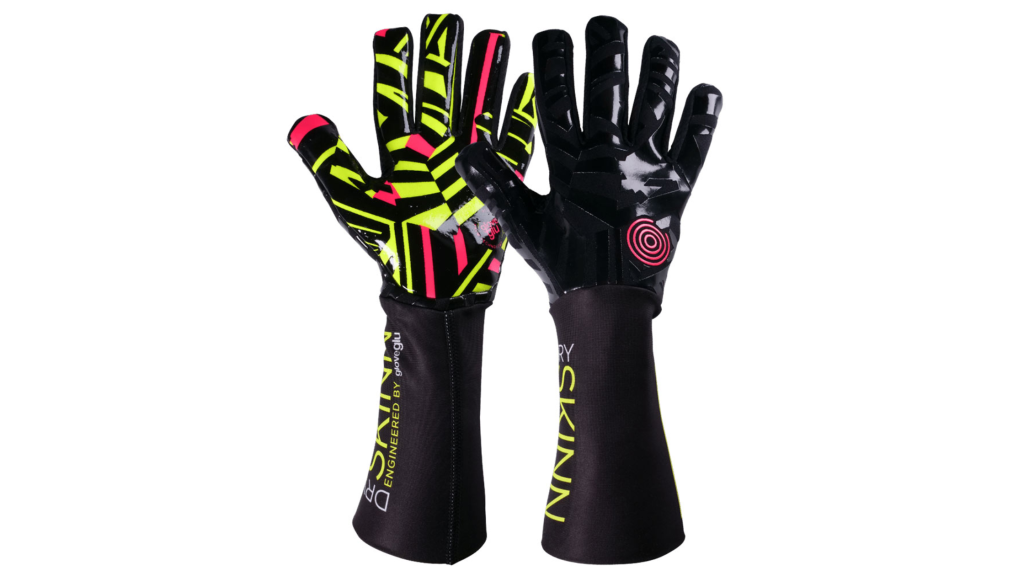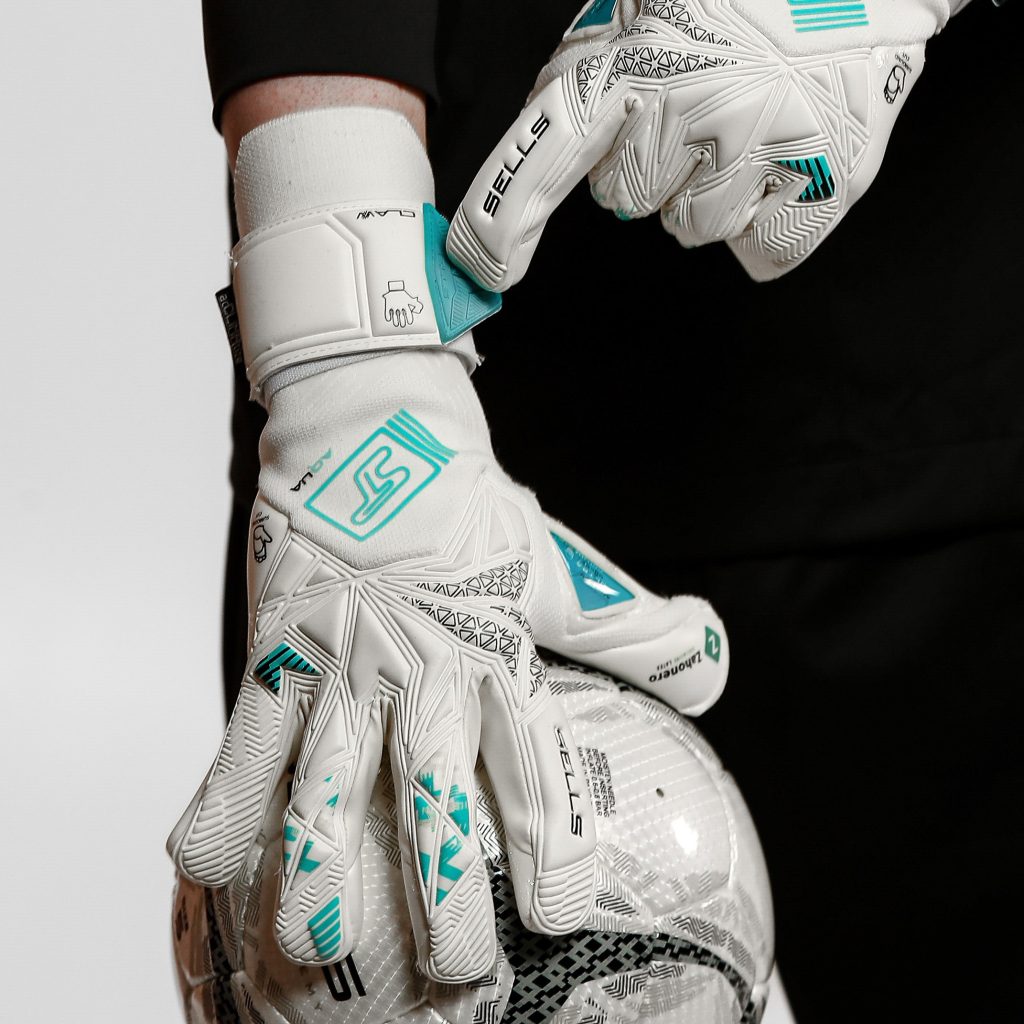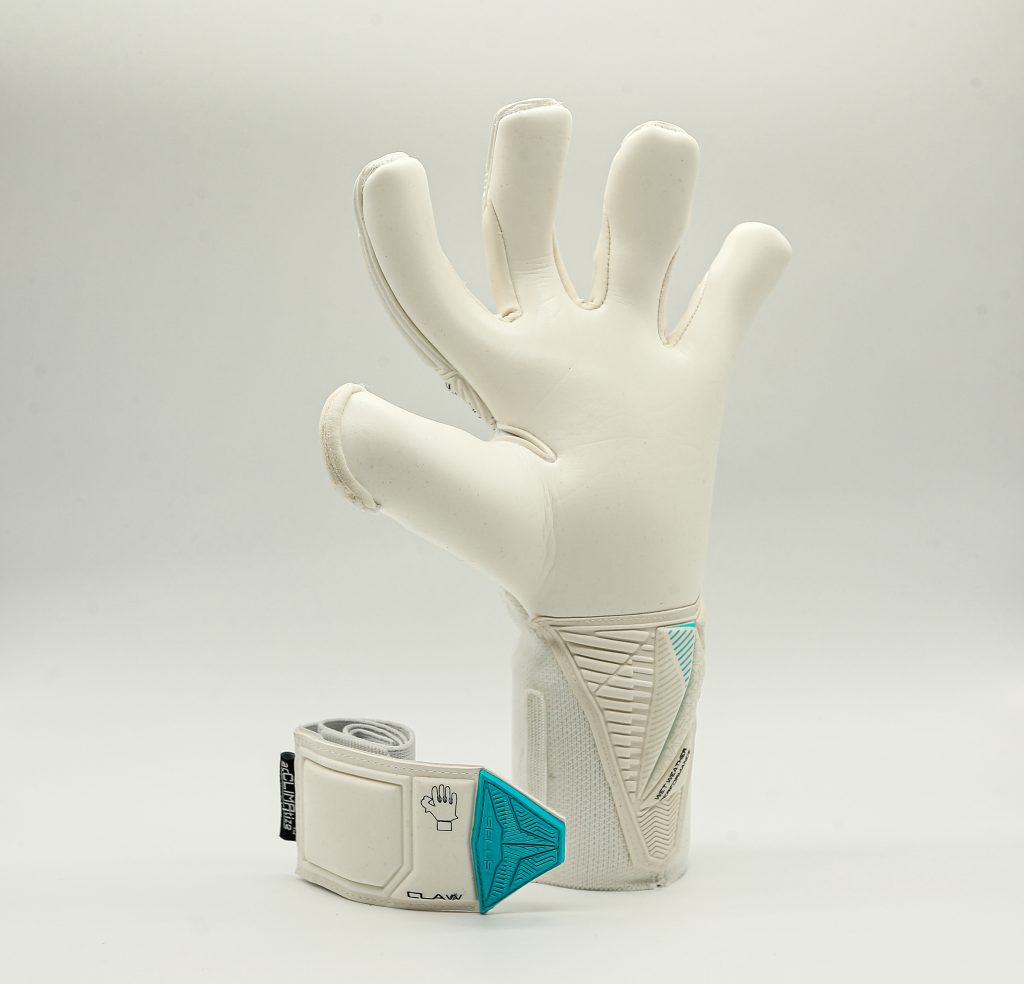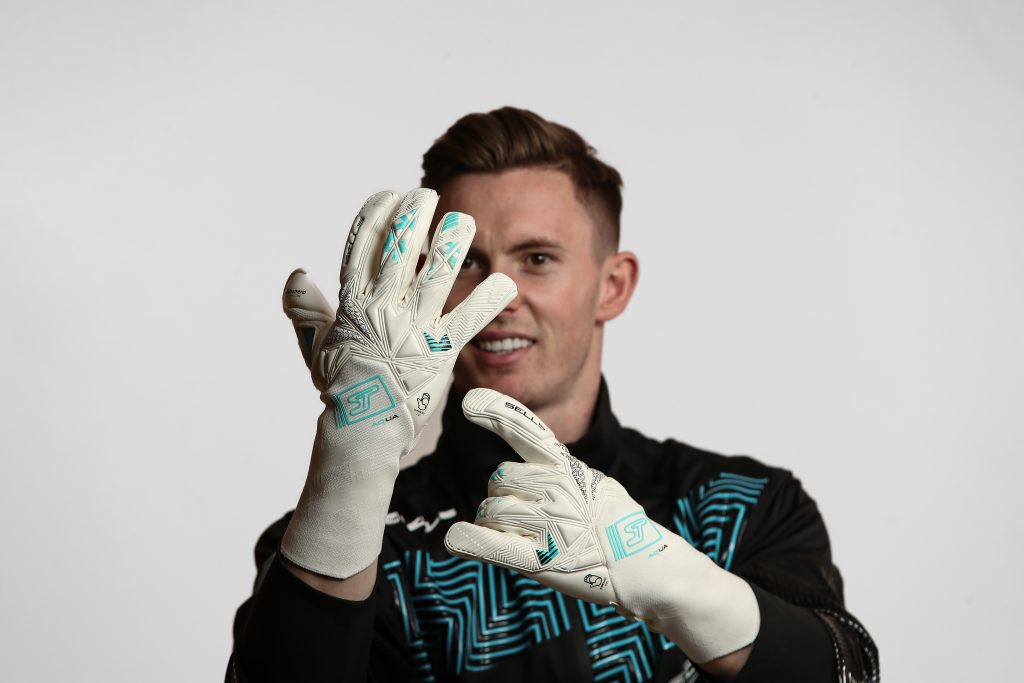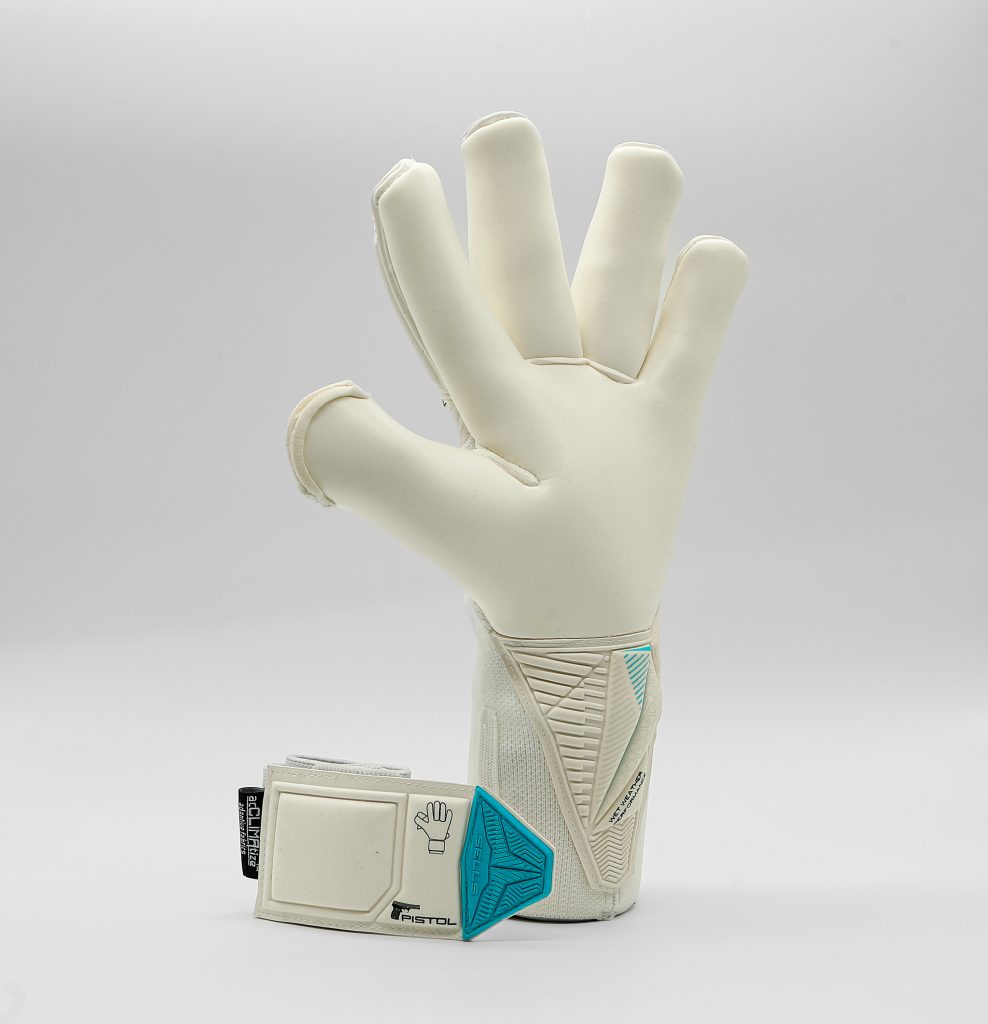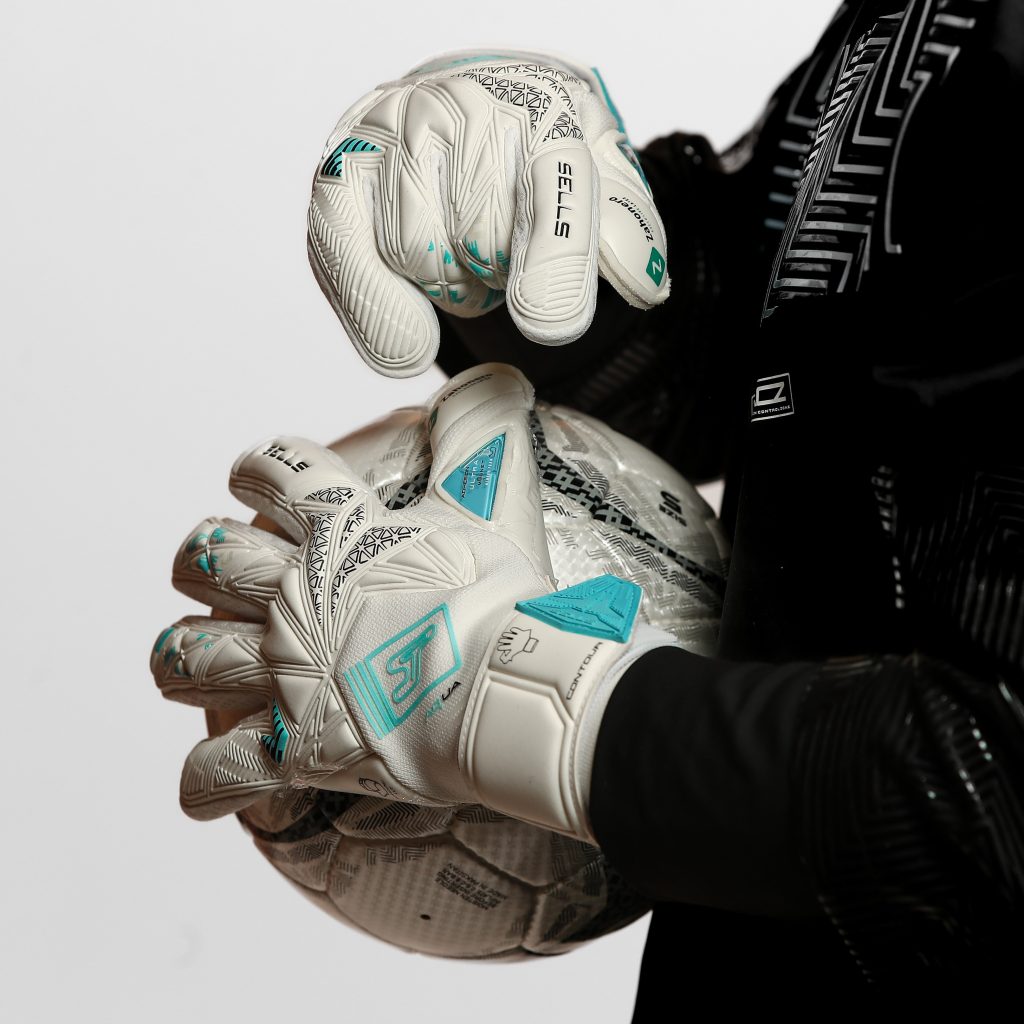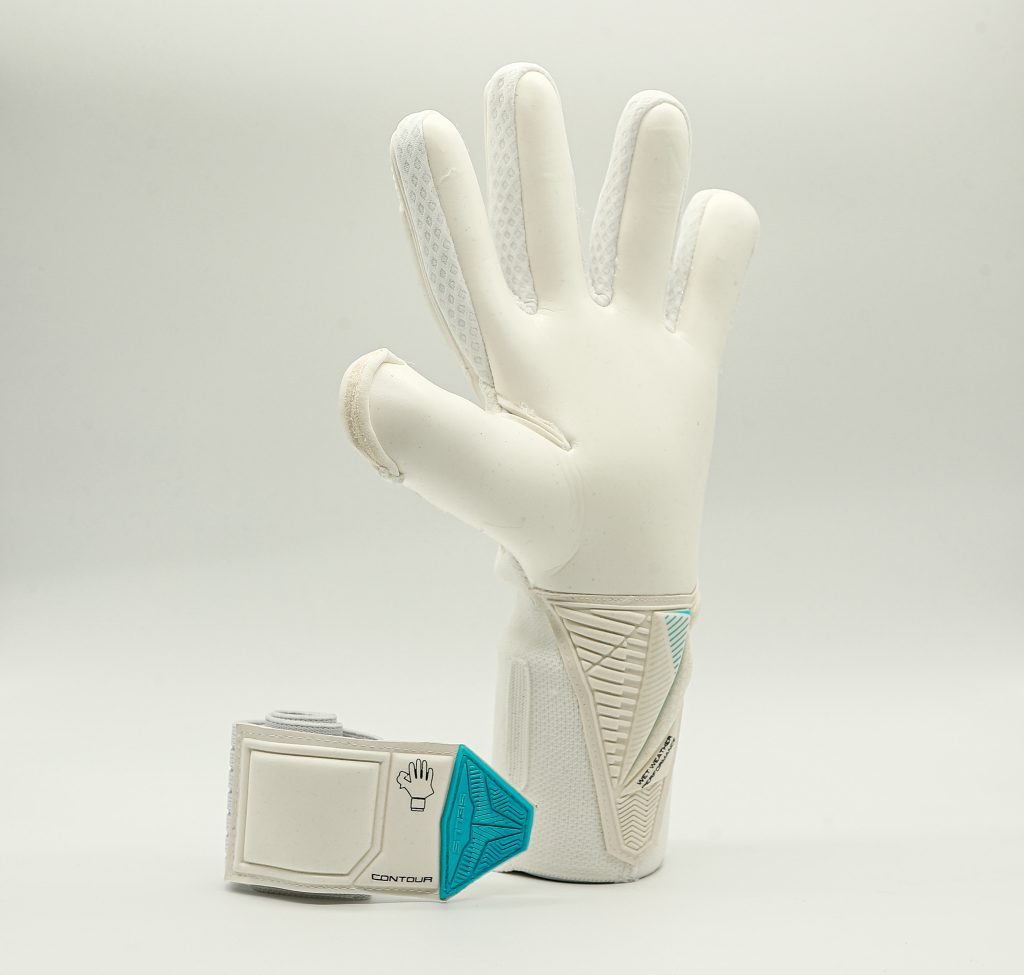It’s the dream of every young footballer. A scout comes to watch you play. You put in a 10/10 performance. Before you know it, you’re being handed a professional contract, starting your path to superstardom.
Unfortunately, it’s not quite as easy as that. Impressing scouts is hard. Especially for goalies. They can’t dazzle scouts with dribbling skills or wow the crowd with a thunderbolt shot from the edge of the box. Instead, they have to impress in other ways. This guide will explore how.
What Do Scouts Look for in Goalies?
Let’s kick things off with a look at what scouts actually look for in goalkeepers, broken down into three key categories: physical, mental, and technical.
Physical Aspects
Alisson. Donnarumma. Neuer. They’re all great keepers. They’re also all giants. Each one stands at 6’4” or more. That gives them a notable advantage over other keepers. They can leap higher to claim crosses and dive further to save those pinpoint shots that are headed for the top corner.
In other words, tall people tend to be best-suited for playing between the sticks. That’s something that a lot of aspiring goalies – especially shorter-than-average ones – worry about. However, it’s not the be-all and end-all.
Here’s another list: Jorge Campos. Iker Casillas. Dino Zoff. Those are all amazing keepers who weren’t exactly massive, and there are many other examples, too. While scouts will naturally be drawn to taller keepers, they’ll also look for other physical aspects – like strength and agility.
Mental Aspects
For goalies, the mental side of the game is arguably just as important as the physical aspect. That’s especially true if you want to go pro someday. You have to have a strong mental core to cope with the pressures of high-level competition. Naturally, scouts look for keepers who appear confident and assured.
How you carry yourself. Your attitude. How you manage your emotions during the game. Whether or not you tend to show nerves, or keep cool under pressure.
Those are all aspects that scouts will look at, and they all indicate what kind of temperament you’ve got.
Scouts will naturally be drawn to characters who seem to be confident in their abilities and calm under pressure. They’ll also want to see goalies who demonstrate a good work ethic. That means constantly communicating and reading the game, even when the ball is at the other end of the pitch.
Technical Aspects
Last, though certainly not least, the technical aspects. Kicking. Catching. Punching. Passing. Every way you interact with the ball will come under the microscope when a scout is in attendance. They’ll want to see how comfortable you are at doing what a goalie needs to do – making saves and guarding the net.
Generally, scouts want to see keepers who catch and handle the ball in a confident and tidy manner. Good distribution is also massive – especially these days with so many modern keepers being relied on to start attacking moves for their sides. So they’ll check how accurately you roll, throw, and kick the ball.
Communication also matters. Many scouts like to see a vocal goalie – it’s a sign of a confident player and a strong leader. Between a keeper who stays silent for 90 minutes and one who regularly shouts out commands to his defenders, scouts will pick the vocal one 99 times out of 100.
What Can You Do to Impress Scouts?
Now we’ve seen what scouts are looking for, let’s explore some useful tips and tricks you can keep in mind to wow them.
Maintain Focus All Game Long
Young keepers often assume that all they have to do to impress a scout is make a big save. Saving a penalty. Tipping a powerful shot destined for the top-right corner over the crossbar. Those moments are certainly impressive, but in reality, scouts look for much more than mere “moments.”
They want to see how you perform over a full 90 minutes, not just in brief bursts. In other words, they won’t necessarily be bowled over by one great save. Especially if it looks like you lack professionalism or concentration for the rest of the game. Make sure you stay focused for the full duration. Be committed and engaged with the game, and never show signs of disinterest or distraction.
Play Your Natural Game
It’s also quite common for players to get all worked up and perform differently when they hear that a scout is in attendance. You might try making a wider range of passes or your dives and movements a little more dramatic, for example.
However, it’s much better to simply play your natural game and do what you’re used to doing. Better still, treat every game you play as if a scout is watching. That’ll help you always put in your best performance, keeping your focus levels up and helping you maintain a professional attitude every time.
Be Vocal
As mentioned above, goalkeeping scouts tend to like vocal players. They’ll appreciate a keeper who calls out to their defenders, letting them know about anyone trying to close them down or urging them to push up or drop back down the pitch.
Good communication is often linked to many other desirable goalie characteristics, such as leadership, confidence, and the ability to read the game. If you’re the kind of player who tends to be quiet in games, try to speak up a little more and build your communication skills.
Every Scout Is Different
Every scout is different. They’ll have their own instructions and personal preferences in terms of what they want to see in a keeper.
Some are crazy about communicative keepers and will instantly rule out any player who isn’t vocal. Others will favour players who show a professional, hard-working attitude. Then there are scouts who want to see keepers who are just as good with their feet as they are with their hands.
You can never know exactly what’s going on in a scout’s mind. But by working on all your core keeping skills – saving, communicating, kicking – and having the right attitude, you’ll give yourself the best chance of impressing them.
